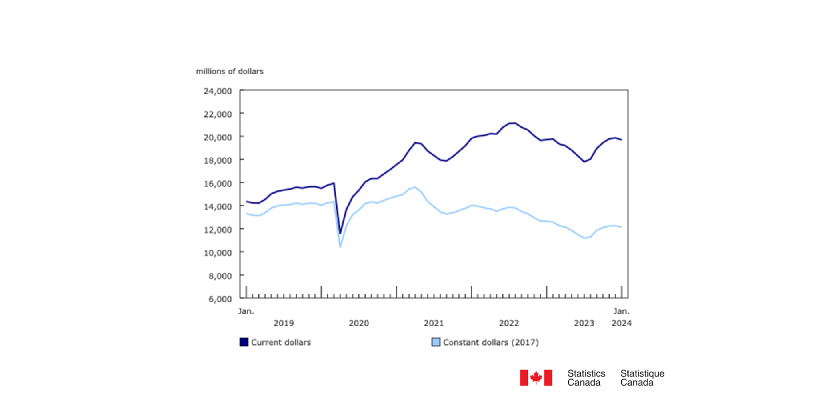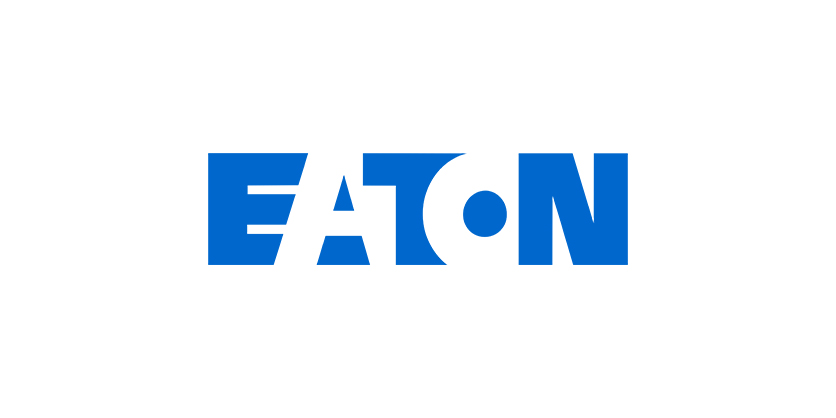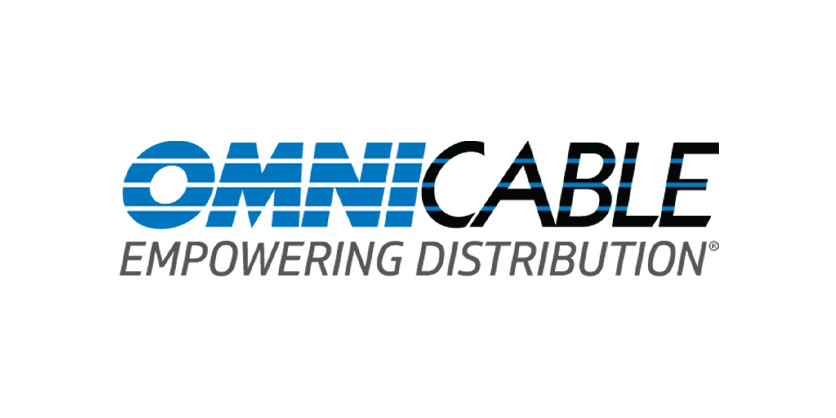Selling Hydro Wires to Build Transit Lines: Cities’ $20 Billion Option
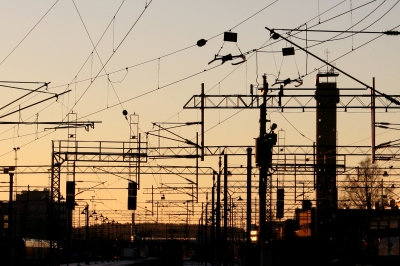
May 7, 2017
Cities across Canada should sell their electricity distribution companies and invest the proceeds in critical municipal infrastructure, according to a new C.D. Howe Institute report.
In Surge Capacity: Selling City-owned Electricity Distributors to Meet Broader Municipal Infrastructure Needs, author Steven Robins demonstrates why there is no compelling public policy rationale for municipalities to hold these assets. “There’s huge potential in Ontario and Alberta for cites to hold equity sales in electricity distribution to jumpstart other infrastructure investments,” commented Robins. “Additionally, both provinces have regulators that have demonstrated their ability to protect consumer interests, by setting the rates for both municipally and privately owned electricity distribution.”
The author shows that many of Canada’s cities — particularly in Alberta and Ontario — own local electricity distribution companies. In fact, Alberta and Ontario have 57 municipally owned utilities, which deliver electricity to 27% of Canadian electricity customers. Municipalities in Ontario, along with Edmonton and Calgary, could sell all or part of their equity stakes in electricity companies — worth between $15 billion and $20 billion — and invest the proceeds in more critical municipal infrastructure needs.
The author points out that the current tax structure distorts incentives for municipalities, encouraging them to retain ownership. Ontario should eliminate or rebate to cities punitive taxes on electricity company sales. The federal government should remit back to provinces any corporate income tax they receive from newly taxable electricity companies, provided the selling government reinvests the proceeds in new infrastructure.
The C.D. Howe Institute is an independent not-for-profit research institute whose mission is to raise living standards by fostering economically sound public policies.
Find out more: www.cdhowe.org/public-policy-research/surge-capacity-selling-city-owned-electricity-distributors-meet-broader-municipal-infrastructure.
Image courtesy of Tuomas Lehtinen at FreeDigitalPhotos.net.




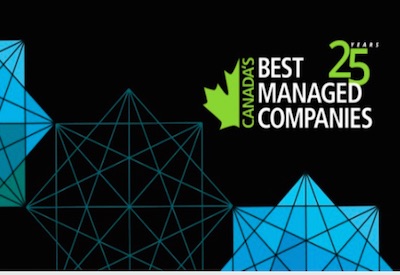

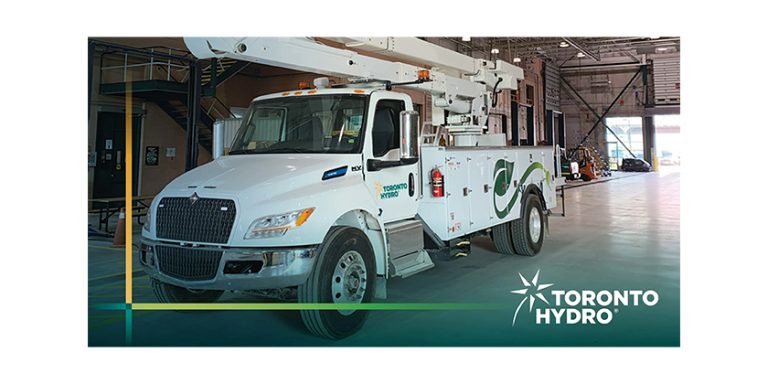
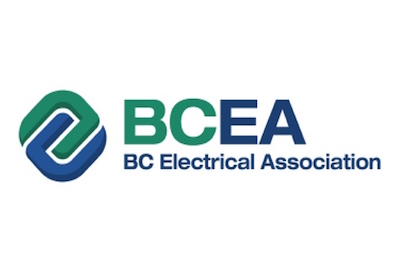
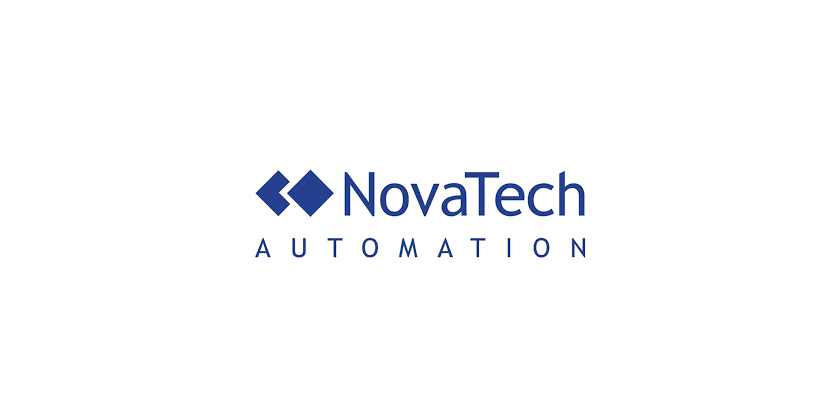
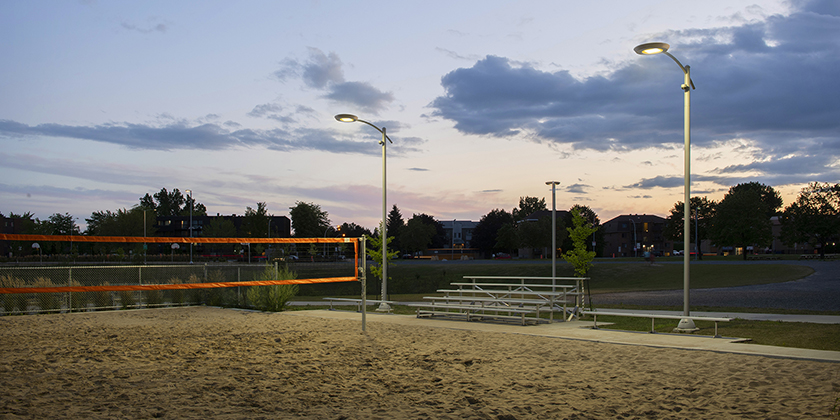
![Guide to the Canadian Electrical Code, Part 1[i], 26th Edition – A Road Map: Section 10 – Grounding and Bonding](https://electricalindustry.ca/wp-content/uploads/2022/11/Guide-CE-Code-2.png)
